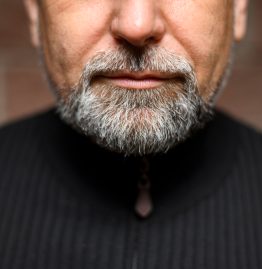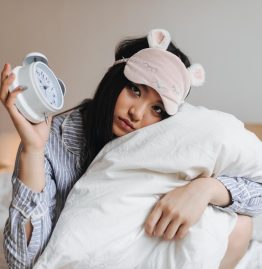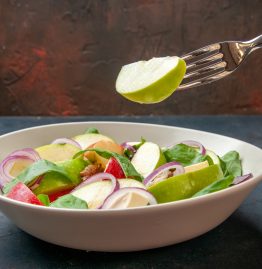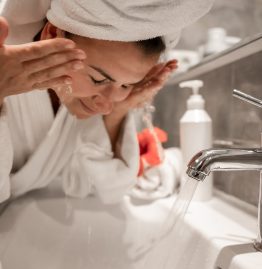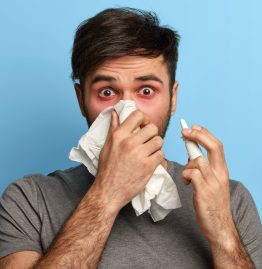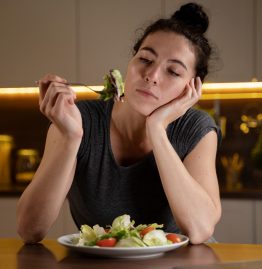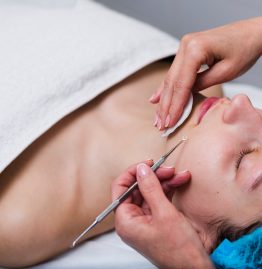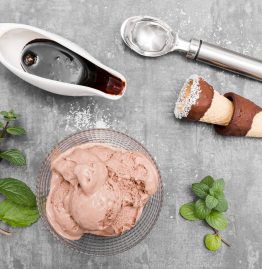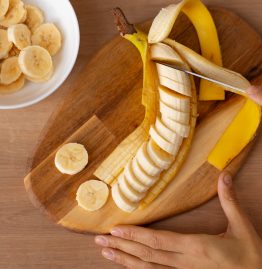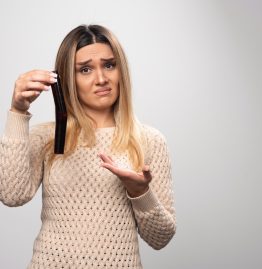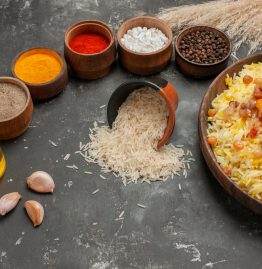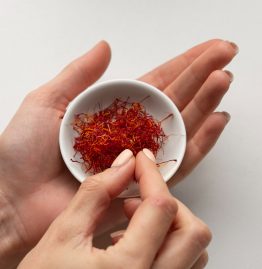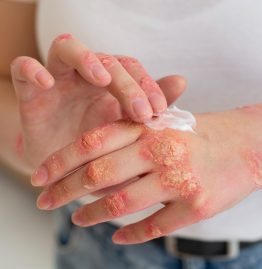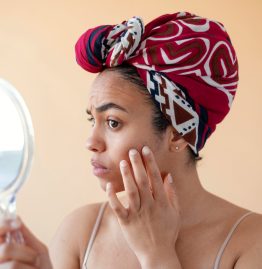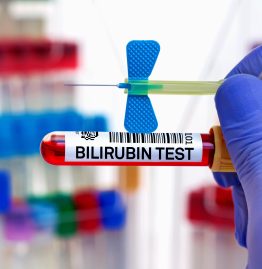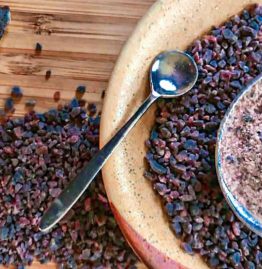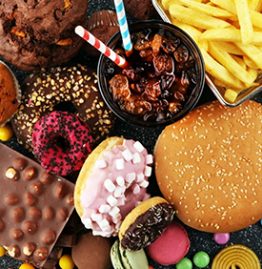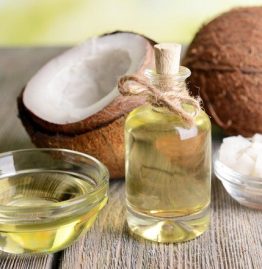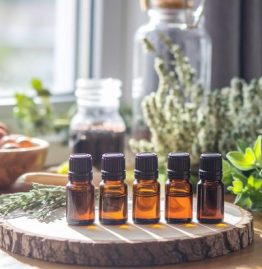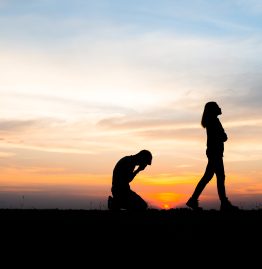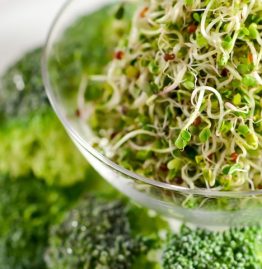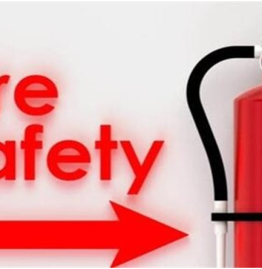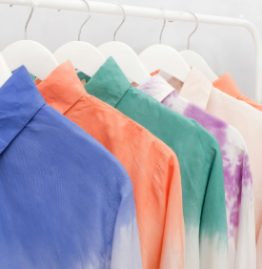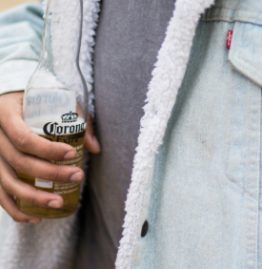Almost everyone has faced blackheads at some point in life. You look in the mirror and see those tiny dark spots on your nose, chin, or forehead, and no matter how much you wash your face, they don’t seem to go away. It can be frustrating because blackheads make the skin look rough and uneven.
The first instinct for many people is to squeeze them out with fingers. While this may give temporary relief, it often makes the skin worse—causing redness, infection, or even scars. So, what is the right way to remove blackheads? And more importantly, how do you stop them from coming back again and again?
In this blog, we will cover everything about blackhead removal in very simple words:
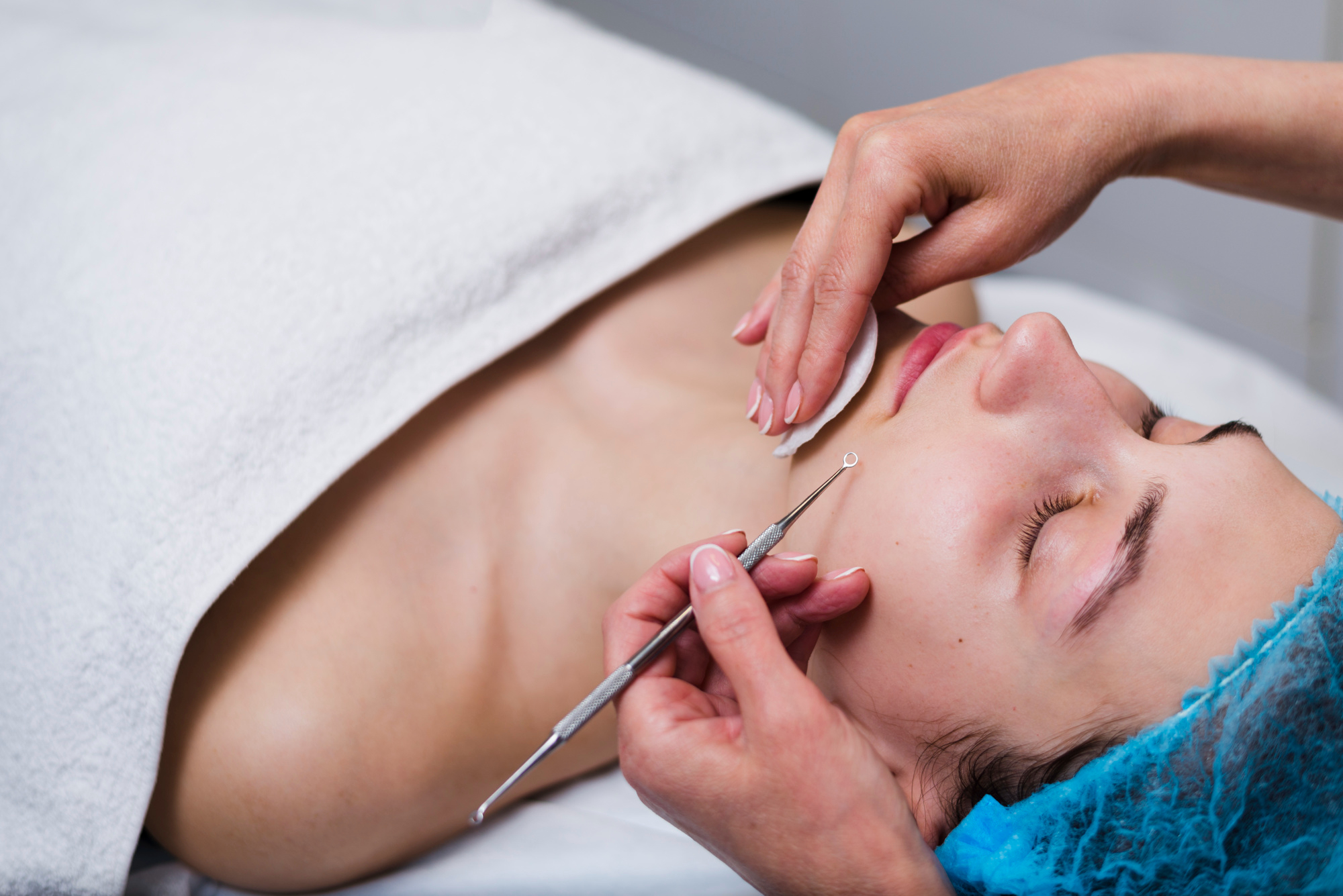
By the end, you’ll have a clear step-by-step plan to manage blackheads effectively and enjoy smoother, glowing skin.
What Exactly Are Blackheads?
Blackheads are a type of mild acne. They look like tiny dark or black dots on the skin. Many people mistake them for dirt stuck in pores, but that’s not true.
Here’s what really happens:
- Your skin has small openings called pores.
- Each pore has a sebaceous gland that produces sebum (oil) to keep skin soft.
- When pores get clogged with a mix of dead skin cells, oil, and bacteria, it forms a blockage.
- If the blockage stays closed, it becomes a whitehead.
- If the blockage remains open and exposed to air, the material inside oxidizes and turns black—that’s a blackhead.
So, blackheads are not dirt, but a mix of oil and dead skin that turns dark when exposed to oxygen.
Why Do Blackheads Happen?
Blackheads can affect anyone—men, women, teenagers, and even adults. Some people get them only occasionally, while others struggle with them regularly. The main reasons are:
1. Too Much Oil Production
If your skin is naturally oily, you are more likely to develop blackheads. Overactive oil glands make it easier for pores to clog.
2. Hormonal Changes
During puberty, menstruation, pregnancy, or times of stress, hormones fluctuate. This increases oil production, leading to clogged pores.
3. Improper Skincare Routine
- Not washing face regularly
- Sleeping with makeup on
- Using heavy creams that block pores
- Overusing harsh scrubs that damage skin
4. Diet and Lifestyle
- Eating too much junk food, fried items, sugar, and dairy can worsen skin problems.
- Dehydration makes the skin overcompensate by producing more oil.
- Smoking and pollution also make pores clog faster.
5. Genetics
If your parents had oily or acne-prone skin, you are more likely to get blackheads too.
Safe Blackhead Removal Methods
Now let’s talk about the main part—how to remove blackheads safely without damaging your skin.
1. Home Remedies for Blackhead Removal
These remedies are simple, natural, and can be done with ingredients found at home.
a) Steam Treatment
Steaming helps open up the pores, making it easier to clean blackheads.
- Boil water and pour into a bowl.
- Place a towel over your head and lean over the bowl for 5–10 minutes.
- After steaming, gently use a soft tissue to wipe away loosened blackheads.
b) Honey and Lemon Mask
- Mix 1 spoon of honey with a few drops of lemon juice.
- Apply to the blackhead-prone area.
- Leave for 15 minutes, then rinse with lukewarm water.
This helps because honey is antibacterial and lemon helps tighten pores.
c) Oatmeal Scrub
- Mix ground oatmeal with plain yogurt.
- Apply in circular motions to scrub gently.
- Wash after 10 minutes.
Oatmeal removes dead skin and absorbs oil.
d) Green Tea Face Pack
- Mix green tea powder with water.
- Apply for 15 minutes.
- Wash with cool water.
Green tea reduces oil production and inflammation.
e) Baking Soda (Use Occasionally)
- Mix baking soda with water to make a paste.
- Apply on blackheads for 2 minutes.
- Rinse off completely.
⚠️ Note: Baking soda can be harsh, so use only once in 2 weeks.
2. Skincare Products for Blackhead Removal
If you want quicker results, some over-the-counter products are very effective:
- Salicylic Acid Cleanser
Helps unclog pores by dissolving oil and dead skin. Use daily. - Retinoid Creams (Retinol/Adapalene)
Increase cell turnover, preventing clogged pores. Best used at night. - Clay Masks (Bentonite or Kaolin)
Absorb oil and deep clean pores. Use 1–2 times a week. - Charcoal Masks
Pull out dirt and oil from pores, giving a fresh look. - Oil-Free Moisturizer
Even oily skin needs hydration. Choose non-comedogenic moisturizers.
3. Professional Treatments for Blackheads
If blackheads are stubborn and don’t go away with home care, dermatologists offer safe treatments:
a) Professional Extraction
A dermatologist uses special tools to remove blackheads without damaging skin.
b) Microdermabrasion
This is like a deep exfoliation done by professionals to remove clogged pores and dead skin.
c) Chemical Peels
Mild acids are applied to the skin to exfoliate deeply and prevent future blackheads.
d) Laser and Light Therapy
Reduces oil production and kills acne-causing bacteria.
Blackhead Removal Routine (Step by Step)
If you want clear skin, follow this simple routine:
Morning Routine
1. Cleanser with salicylic acid.
2. Alcohol-free toner.
3. Oil-free moisturizer.
4. Sunscreen.
Night Routine
1. Gentle cleanser.
2. Retinol (2–3 times per week).
3. Moisturizer.
Weekly Care
- Clay mask once a week.
- Steam treatment once every two weeks.
- Gentle exfoliation (not daily).
What You Should Avoid
- Don’t squeeze or pop blackheads—it causes scars.
- Don’t use harsh scrubs daily—they damage skin.
- Don’t use too many products at once—it irritates skin.
- Don’t skip sunscreen—sun damage makes pores worse.
How to Prevent Blackheads
Prevention is always better than cure. Here are easy lifestyle habits to keep blackheads away:
1. Wash face twice daily with a mild cleanser.
2. Remove makeup before sleeping.
3. Drink 7–8 glasses of water daily.
4. Eat more fruits, vegetables, and whole grains.
5. Avoid too much oily, fried, or sugary food.
6. Exercise regularly—sweating helps clean pores.
7. Change pillow covers and towels weekly.
8. Avoid touching your face often.
9. Sleep at least 7 hours a night to reduce stress.
Myths and Facts About Blackheads
❌ Myth: Blackheads are dirt.
✅ Fact: They are clogged pores, not dirt.
❌ Myth: Scrubbing hard will remove blackheads.
✅ Fact: Harsh scrubbing irritates skin and worsens acne.
❌ Myth: Only oily skin gets blackheads.
✅ Fact: Dry and combination skin can also get them.
❌ Myth: Blackheads mean poor hygiene.
✅ Fact: Even people with clean skin can get blackheads.
FAQs on Blackhead Removal
Q1. Can blackheads go away on their own?
In some cases, mild blackheads may clear on their own as the skin naturally sheds dead cells and oil. However, most blackheads need proper care to be removed completely. A consistent skincare routine with gentle cleansing, exfoliation, and hydration is usually required. Without treatment, blackheads often stay or keep coming back.
Q2. Is it okay to use pore strips?
Yes, pore strips can be used occasionally, but they only remove blackheads from the surface and do not address the deeper cause of clogged pores. Overuse may also irritate the skin. They work best as a temporary quick fix, but for long-term results, skincare with salicylic acid or retinoids is more effective.
Q3. Can blackheads come back after removal?
Yes, blackheads can come back if pores get clogged again with oil, dirt, and dead skin cells. Removal is only temporary if preventive care isn’t followed. That’s why it’s important to maintain a consistent skincare routine with cleansing, exfoliation, and non-comedogenic products to keep blackheads under control and reduce future breakouts.
Q4. Which foods make blackheads worse?
Sugary snacks, fried food, dairy products, and processed items are often linked to worsening blackheads because they can trigger excess oil production and inflammation. Everyone’s skin reacts differently, but many people notice clearer skin when they reduce these foods and eat more fresh fruits, vegetables, nuts, and whole grains in their daily diet.
Q5. How often should I exfoliate?
Exfoliating 2–3 times a week is generally enough to prevent clogged pores and blackheads. Gentle chemical exfoliants like salicylic acid or glycolic acid are better than harsh scrubs. Over-exfoliating every day can damage the skin barrier, make skin dry or sensitive, and even increase breakouts instead of helping with blackhead removal.
Q6. Can stress cause blackheads?
Yes, stress can contribute to blackheads. When you are stressed, your body produces hormones like cortisol that increase oil production in the skin. More oil means higher chances of clogged pores and blackheads. Stress also affects sleep and eating habits, which can make the problem worse. Relaxation helps improve skin health.
Q7. Are blackheads permanent?
No, blackheads are not permanent. With the right skincare routine, healthy habits, and treatments, they can be removed and prevented. However, blackheads may return if preventive care is not maintained. Regular cleansing, exfoliation, proper diet, and professional treatments when needed can help keep your skin clear and blackhead-free in the long run.
Conclusion
Blackheads are one of the most common skin concerns, but they are not impossible to manage. The key is to understand that blackheads are not dirt—they are clogged pores caused by oil, dead skin, and exposure to air.
Quick fixes like squeezing or pore strips may give temporary relief, but real improvement comes from a consistent skincare routine, healthy lifestyle, and prevention habits.
If home remedies and products don’t work, professional treatments like chemical peels, extractions, or laser therapy are safe and effective.
Clear skin takes time and patience. With small but consistent efforts, you can reduce blackheads, prevent new ones, and enjoy healthy, glowing skin.


















